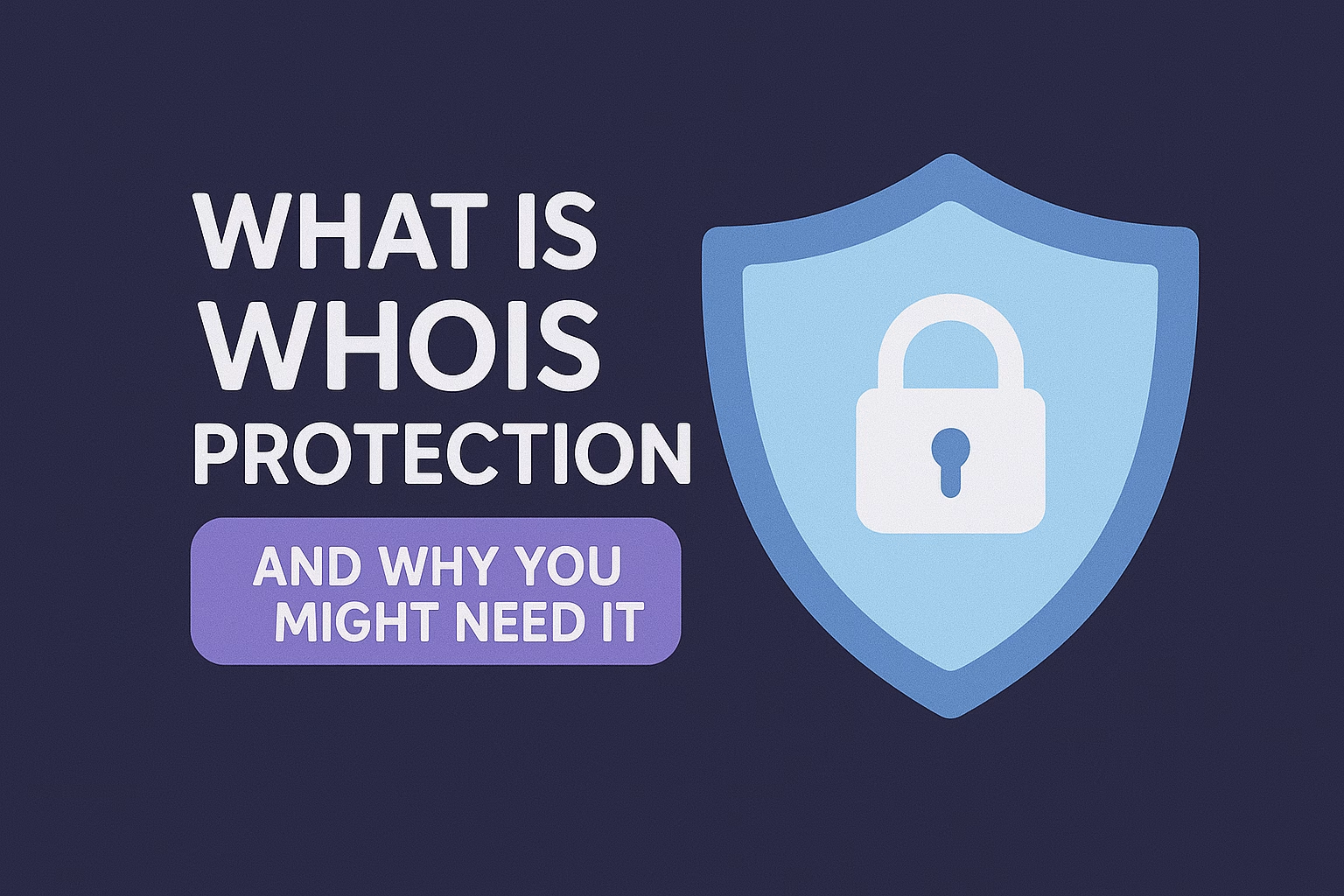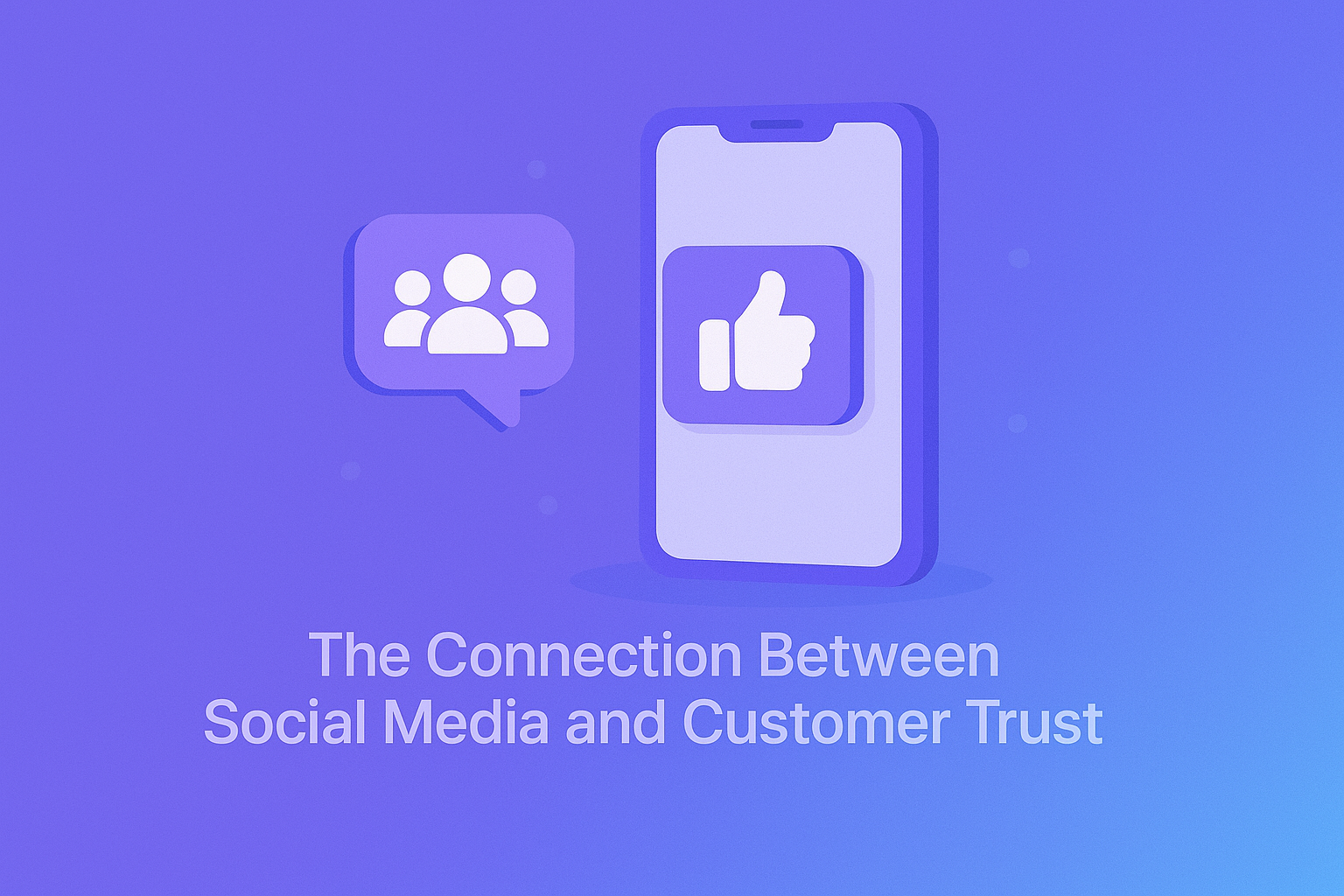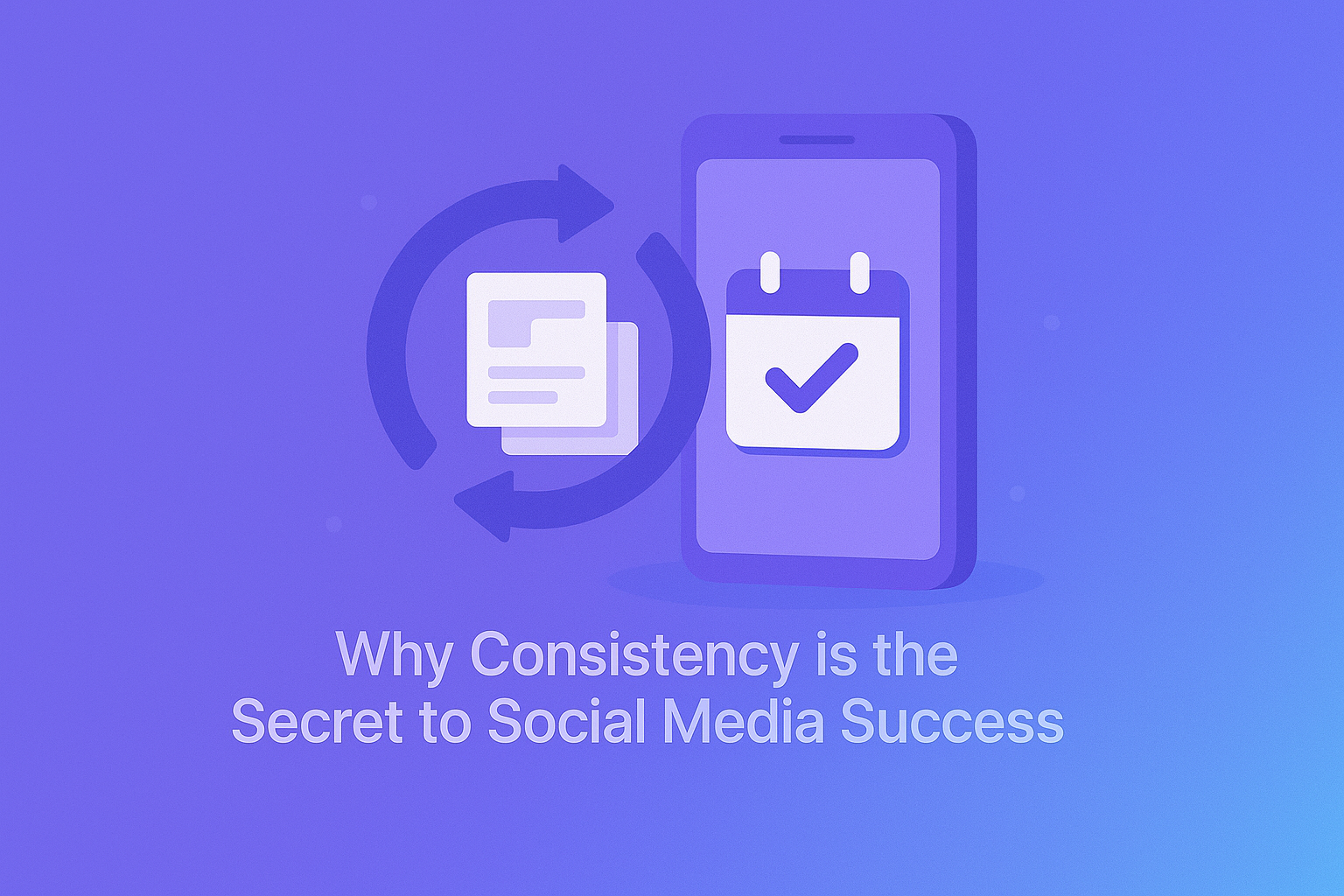When you register a domain name, there’s one thing many people overlook—until it becomes a problem: your personal information is publicly visible. That’s where WHOIS protection comes in.
In this article, we’ll explain what WHOIS is, why it matters, and how WHOIS protection can help you stay safe online.
What is WHOIS?
When you register a domain, your information—like your name, email address, phone number, and even physical address—is stored in a public database called WHOIS.
Anyone can look up this information using a WHOIS search tool. It’s meant to promote transparency and help resolve domain-related issues.
What Information is Shown in WHOIS?
Here’s what typically appears:
-
Domain owner’s name
-
Email address
-
Phone number
-
Mailing address
-
Registrar (e.g., PLiKhost)
-
Domain registration and expiry dates
Why is This a Problem?
You probably don’t want your personal contact info floating around the internet. Without protection, your WHOIS data can be:
-
Scraped by spammers – Expect a flood of junk emails and fake invoices.
-
Targeted by scammers – Bad actors may try phishing or impersonation.
-
Exposed to the public – Anyone can look up your name and location.
-
Used for identity theft or domain hijacking – Especially if your email is compromised.
What is WHOIS Protection?
Also known as domain privacy, WHOIS protection replaces your public contact info with the details of a proxy service or the registrar’s info.
So instead of this:
Name: John Smith
Email: [email protected]
Address: 123 Main St, Jakarta
It would show something like:
Registrant: Private WHOIS Service
Email: [email protected]
Address: Protected
In short: your real info is hidden, and you stay in control.
Is WHOIS Protection Legal?
Yes, absolutely. It’s widely supported and often recommended—especially if you’re an individual or small business. However, some domain extensions (like .co.id or .or.id) may require real, verifiable contact info to remain visible, due to local regulations.
PLiKhost will always inform you if WHOIS protection is available for the domain extension you choose.
Do I Really Need WHOIS Protection?
If you value your privacy, the answer is simple: yes.
You should especially consider it if:
-
You’re using your personal name or contact info
-
You’re registering a domain for a future project and not ready to go public
-
You want to reduce spam and unwanted solicitations
-
You want peace of mind knowing your data isn’t exposed
How to Add WHOIS Protection with PLiKhost
It’s easy! When you register a domain with PLiKhost, just select the “WHOIS Protection” option during checkout (if available for that TLD). If you already own a domain, contact our support to see if privacy can be added.
Final Thoughts
Your domain is your online identity—but that doesn’t mean you should share everything with the world. WHOIS protection is a small feature with big benefits when it comes to privacy and security.
Need help securing your domain with privacy? Just visit PLiKhost.com or reach out to our support team. We’ve got your back.






